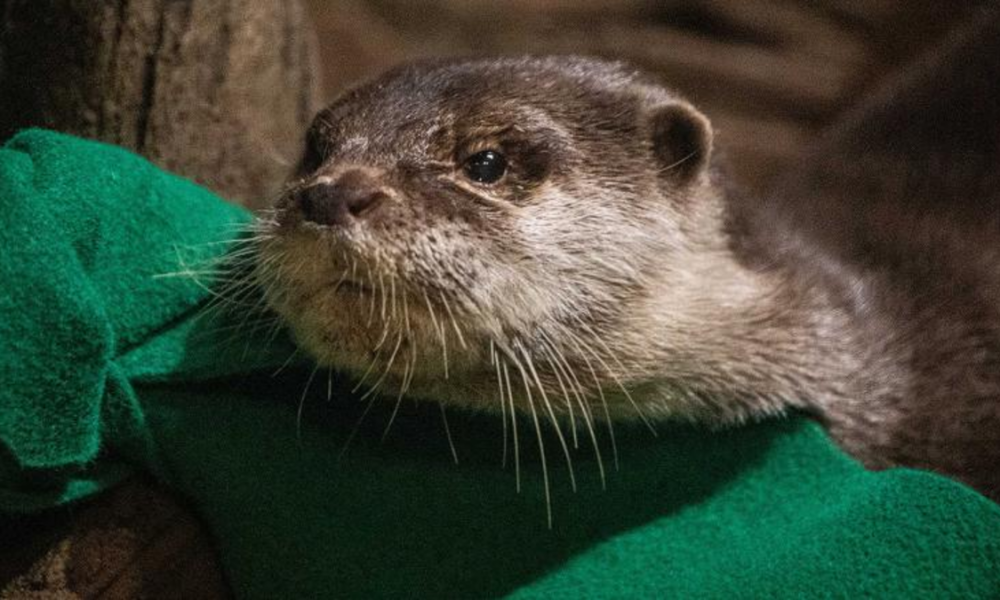Seven geriatric Asian small-clawed otters at the Georgia Aquarium showed mild COVID-19 symptoms like sneezing, runny noses, lethargy, and coughing. They are currently being cared for off-exhibit.
What We Know:
- The popular tourist location released a statement on Facebook and their website on Sunday about the situation. In the announcement, the Georgia Aquarium noted that the animals caught the virus from an asymptomatic staff member. This is despite “following all recommended health and safety protocols.” The institution tested all staff members and is certain a guest did not give the coronavirus to the otters because of the acrylic barrier that separates them.
- The group’s clinical signs helped leaders make the decision to test the animals. In addition, medical officials at the establishment consulted with the state veterinarian’s office and the Department of Health (DOH).
- The Georgia Aquarium announced vets and animal care team members would continue monitoring the otters on their website. After they no longer show symptoms, executives will determine if they can return to the display.
“We are providing supportive care as needed so they can eat, rest and recover,” said Dr. Tonya Clauss, vice president of animal and environmental health at Georgia Aquarium.
- According to the announcement, information on COVID-19’s impact on otter species is unknown. However, based on other zoological facility animals and the otters’ health status, the organization believes the animals will not have any long-term effects. The document also directs readers to visit the Center for Disease Control and Prevention (CDC) and American Veterinary Medical Association (AVMA) websites, as well as their own Animal Guide, for more information. People at the aquarium are hopeful the otters will recover quickly.
- Although these are the first coronavirus cases at the Georgia Aquarium, other animals have contracted the disease. In December, three snow leopards tested positive at the Louisville Zoo. Thousands of mink died at fur farms across Utah and Wisconsin after a series of outbreaks, CNN reports. Further, a small number of dogs and cats have gotten the disease throughout the pandemic as well.
Scientists are experimenting with a possible COVID-19 vaccine for animals. In February, the San Diego Zoo gave four orangutans and five bonobos two doses each of an experimental vaccine developed by a veterinary pharmaceutical company. Recently, Russia registered the world’s first COVID-19 vaccine for carnivorous animals. A report by CNN from March 31 declared mass production on the vaccine would start as early as April. These experiments may bring all animals protection soon.



